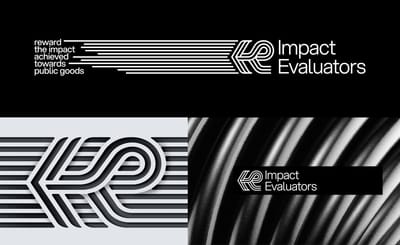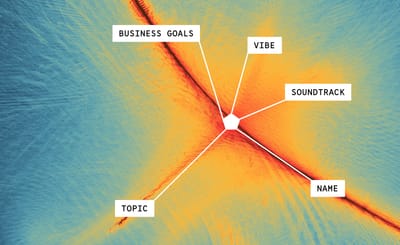Do you want to “hear through the walls”?
When you just launched your product 2 years ago — as alpha, beta or right away to market — you hoped that today people would say particular things about your company. This was your Desirable Reputation. Your Ideal Brand.
Today, 2 or maybe even 3 years after, how do you know they think about you exactly as you hoped they would?
I see you are raising an eyebrow, "Why do I need to know it?"
Let's refocus for a second. Have you ever read restaurant reviews before making your reservation?
Imagine all reviews say the food is delicious, but the waiters are rude as … Berlin bus drivers! Hearing this, will you still make a reservation or check out the alternative on your list? Depends. Not everyone likes to be treated as a stray dog.
Now, if you were a restaurant manager and discovered what people say about your staff, what would you do? I bet you'll act on it.
And what would happen if you stayed unaware of this issue?
It's similar with tech businesses. You work hard, but
- investors drop out
- website visitors don't click the "Get started" button
- only your friends, not actual prospects, show up at your business meetup.
And the cause of all three troubles may be just one rusty link in your reputation chain that derails you from success.
How do you know which link exactly?
There is a branding practice for existing businesses that can detect this for you. It is called a brand perception.
In a nutshell: you ask your users, partners and other audiences to complete a 15-20-question survey. This survey takes into account the desired reputation you wanted to have when you just launched. And it covers all aspects of the brand — product offering, your values and promise, and the feelings your brand evokes.
Almost always, reading results hurts. Just like hearing people talk about you when you are not in the room. Sometimes reading results hurts so much that companies decide to do rebranding.
The thing is:
You don't run these surveys knowing that you'll hear only nice things. That's why so many early-stage products avoid it. But because it highlights weak points in your reputation, companies that are damn-serious about user adoption or fundraising conduct their surveys regularly.
When you were a child, did you want to have the superpower to read people's minds or hear through the walls?
A brand perception survey gives you such a superpower. With permission from people you serve.
Here is how to build, distribute and analyse your brand perception survey:

Yours,
Ira
No spam, no sharing to third party. Only you and me.








Member discussion